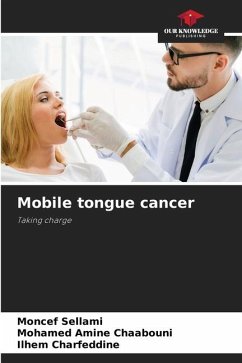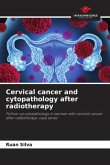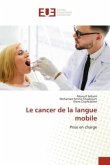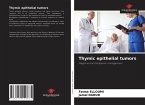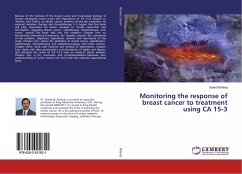Tongue cancer affects an important functional organ which, thanks to its complex muscular composition, is involved in fundamental physiological functions such as mastication, swallowing, speech and gustation.Mobile tongue cancers affect the anterior 2/3 of the tongue in front of the lingual V and represent about 30% of oral cavity cancers.The treatment is essentially based on excisional surgery, which remains the treatment of choice, associated with a cervical lymph node removal and may be associated with a reconstruction of the loss of substance.
Hinweis: Dieser Artikel kann nur an eine deutsche Lieferadresse ausgeliefert werden.
Hinweis: Dieser Artikel kann nur an eine deutsche Lieferadresse ausgeliefert werden.

